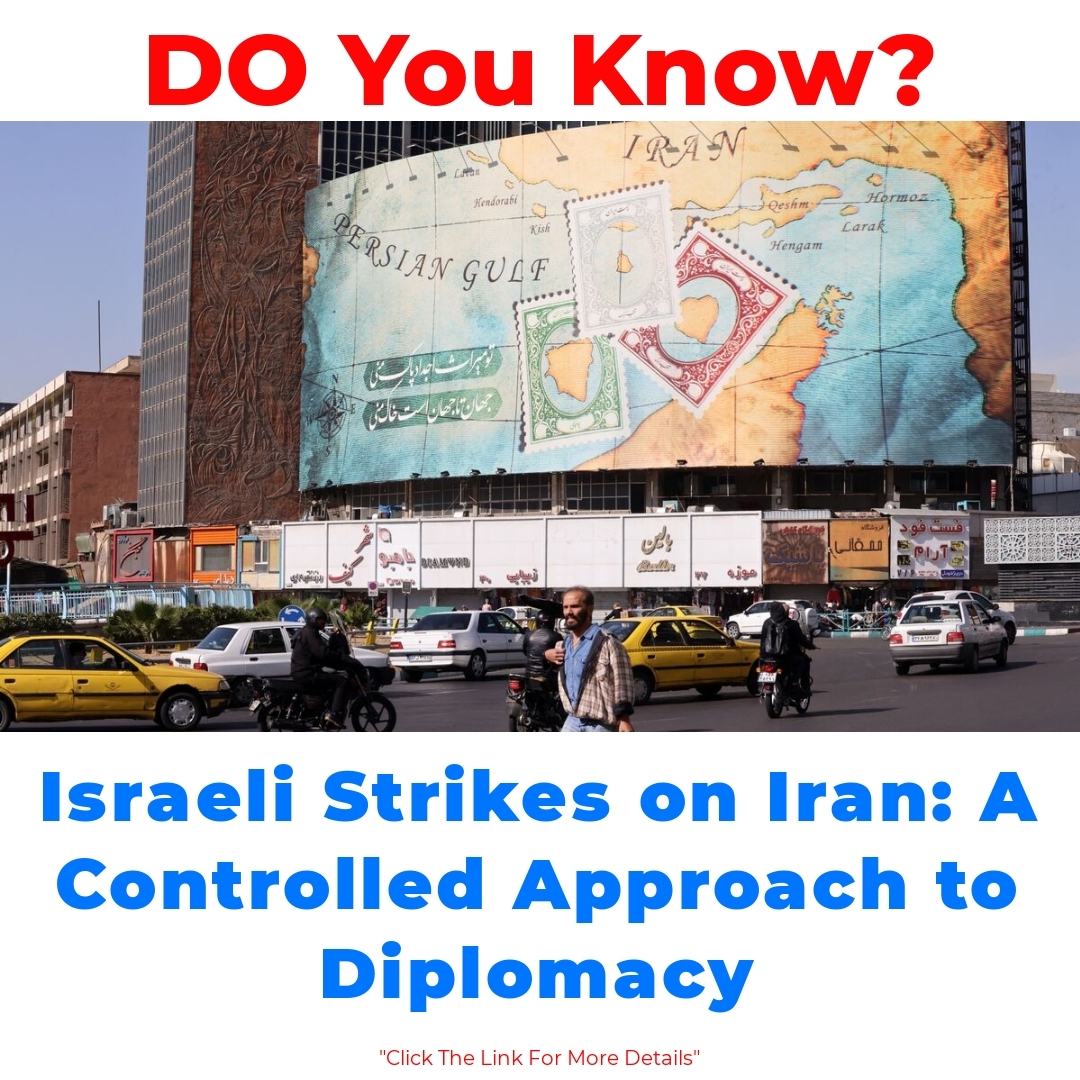Early Saturday, Israel launched an assault on Iran, raising global concerns regarding the region’s stability. This attack, however, was characterized by strategic restraint, contrasting with previous expectations. Understanding the implications of Israel’s assault on Iran is essential for gauging potential consequences on diplomacy and regional security.

Understanding the Context of Israel’s Assault
Israel’s assault on Iran did not occur in isolation. It took place within a complex geopolitical landscape, shaped by longstanding tensions and conflicts. The U.S. has been involved, playing a crucial role in coordinating military strategies with Israel. This involvement is emblematic of the broader regional conflict, which has roots that can be traced back years. To really grasp the implications of Israel’s actions, it’s essential to appreciate this historical backdrop, which includes various struggles among nations in the Middle East over power, territorial claims, and security.
Details of the Assault
The assault specifically targeted Iran’s missile defense sites and air defense sites, strategic installations that are crucial for any nation’s military capabilities. Interestingly, Israel’s approach was more restrained than many anticipated. This restraint suggests that Israel might be trying to avoid escalating tensions into full-scale warfare, particularly since it could lead to broader combat in regions like Lebanon and Gaza. Potential reasons for this cautious strategy may include the desire to maintain regional stability and avoid an all-out conflict that could draw in neighboring countries.
Implications for Hostage Diplomacy
With the backdrop of Israel’s military strategy against Iran, the issue of hostages becomes even more complicated. There’s an ongoing diplomatic effort to secure the safe return of hostages held by various groups. The assault on Iran can have a significant bearing on these negotiations. If military actions heighten tensions, they could weaken Israel’s stance in discussions with hostile groups, complicating the already delicate dance of diplomacy. The repercussions could affect not just the current situation but also future relationships with these groups regarding regional hostages.
Broader Diplomatic Consequences
Israel’s restrained military actions also have important diplomatic consequences. By approaching this situation with caution, Israel may influence future peace negotiations in the region. A measured response might help in maintaining ties with the U.S. and promote more cooperative relations with neighboring countries, as aggressive actions often lead to retaliation and further conflict. Thus, the diplomatic landscape appears much more maneuverable if restraint is exercised moving forward.
Perspectives on Regional Stability
When we contemplate military coordination between Israel and Washington, it’s evident that this approach could play a pivotal role in stabilizing the region. The relationship between Israeli military operations and overarching goals in areas like Gaza and Lebanon is fundamental to understanding the current dynamics. If Israel continues to exercise restraint, future military actions may not incite widespread instability, which could foster an environment conducive to peace discussions.
Conclusion
In wrapping up, Israel’s assault on Iran, characterized by strategic restraint, shows a nuanced understanding of the current geopolitical climate. While the military engagement is significant, what’s even more telling is the potential for how these actions could shape ongoing diplomatic efforts and influence regional security in the long run. It’s crucial for everyone to stay informed about these developments and understand the underlying complexities that define these international relations.
Call to Action
I encourage you to keep an eye on updates regarding Israel’s military strategy as well as the ongoing peace negotiations in the region. What are your thoughts on the implications of Israel’s actions? Please share your insights in the comments section below!
FAQ
What led to Israel’s assault on Iran?
Israel’s assault on Iran occurred within a complex geopolitical landscape, characterized by longstanding tensions and conflicts in the Middle East. U.S. involvement in coordinating military strategies with Israel highlights the intricate nature of this regional conflict.
What were the specific targets of the assault?
The assault specifically targeted Iran’s missile defense and air defense sites, which are crucial for military capabilities. Israel’s approach was more restrained than many had expected, possibly to avoid escalating tensions into a larger conflict.
Why is Israel exercising restraint in its military actions?
Israel’s cautious strategy may stem from a desire to maintain regional stability and prevent an all-out conflict that could involve neighboring countries, such as those in Lebanon and Gaza.
How does the assault impact negotiations regarding hostages?
The military actions could complicate ongoing diplomatic efforts to secure the release of hostages held by various groups. Heightened tensions may weaken Israel’s negotiating stance, affecting its delicate interactions with hostile groups.
What are the diplomatic consequences of Israel’s military strategy?
By practicing restraint, Israel may influence future peace negotiations. A measured response can help maintain ties with the U.S. and promote cooperative relations with neighboring countries, reducing the risk of retaliation and further conflict.
How does military coordination with the U.S. affect regional stability?
The relationship between Israeli military operations and U.S. support may play a significant role in stabilizing the region. Restraint in military actions can foster an environment conducive to peace discussions, which is crucial for long-term security.






